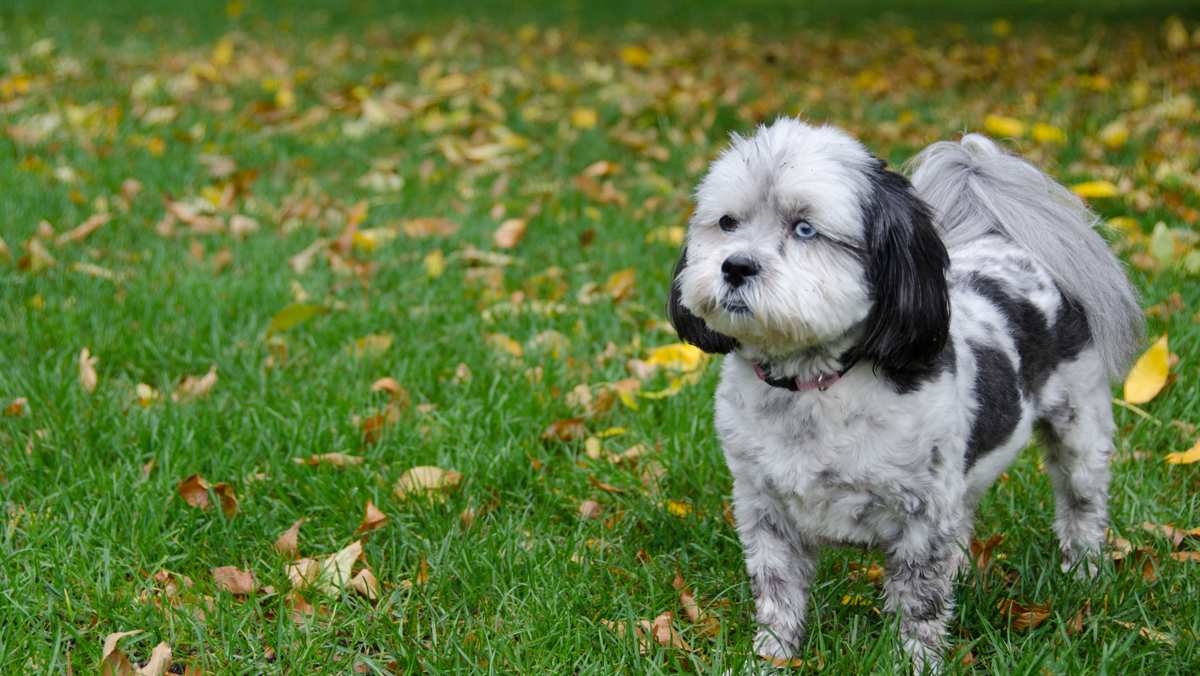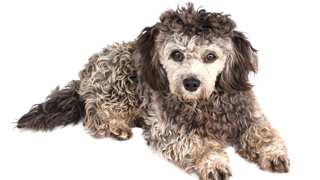Shih-poo Breed Details
The Shih-poo is a non-sporting dog that, due to the three varieties of Poodle (Toy, Miniature and Standard, as defined by the American kennel Club) by which it may have been produced, comes in a wide range of sizes, but they are often bred with Toy Poodles to keep their size small. The Shi-Tzu Poodle mix is one of many popular mixes whereby the hypoallergenic and other health aspects of the Poodle helps to lessen the other breed's many concerns — in this case the Shih-Tzu's well-known respiratory problems. This cute and cuddly hybrid is recommended for apartments and people who have the time to attend the frequent brushing (they don't shed much, if at all) and demand for companionship.
Shih-poo Pros
- Great for small apartments
- Excellent companions for active families and mature individuals alike
- Easy to transport
- Highly trainable
- Adaptable to most any living environment
Shih-poo Cons
- Requires several weekly brushings to keep coat clean and free of matting
- Shih-poo puppies can be difficult to house-train
- Can possess a stubborn attitude due to their Shih-tzu background

